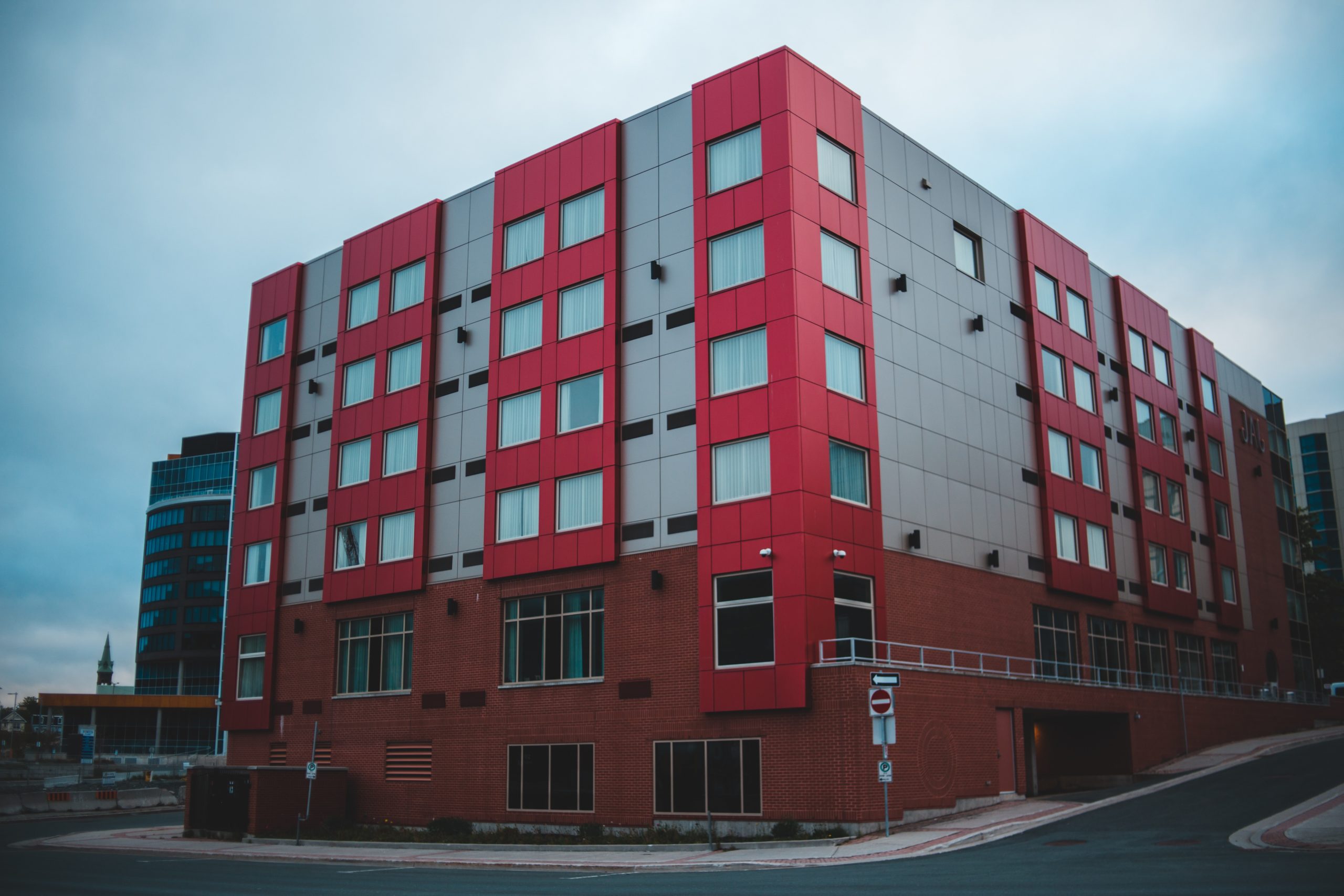Condominium living is a popular housing choice for many people, offering the benefits of home ownership without the hassle and expense of maintaining a single-family home. When you purchase a condominium unit, you own the interior space of your unit and share ownership of the common areas with the other owners in the building. Before you purchase a condominium unit, several essential factors must be considered to ensure that condo living is right for you. Here are some of the top factors to consider when choosing a condo:
1. Size of the Unit
When it comes to choosing a condo, size matters. You want to ensure that you select a unit that is the right size for your needs. You can check out the properties on hudsoncondos.com, amongst other sites, to get an idea of the available size units. Some properties offer studio apartments, while others offer larger units with multiple bedrooms and bathrooms.
If you are looking for a place to call home, you will want to choose a larger unit. But a smaller unit will suffice if you are looking for a place to crash after a long work day. Just keep in mind that the size of the unit can also affect the price. So be sure to consider that when making your decision.
2. The View from the Unit
You want to make sure that you’ll be able to enjoy the scenery and that the unit is located in a place that you’ll love. Some buildings have units stacked on each other, while others have units spread out more evenly. If you have your heart set on a particular type of view, such as an oceanfront or mountain view, then you’ll want to ensure that the complex has units with those types of views available.
Take into account the positioning of the unit within the complex. For example, if you’re interested in a corner unit, you’ll want to ensure that corner units are available in the complex. The same goes for ground-floor units or units with balconies – if those features are important to you, then make sure that the complex you’re considering has them.
3. Layout of the Unit
The layout of a condo unit depends on the size and shape of the unit. Standard layouts for a condominium include one-bedroom, two-bedroom, and three-bedroom units. One-bedroom units typically have a single bedroom and bathroom, while two- or three-bedroom units may have additional living space or other amenities, such as an extra bathroom. The living area often includes a kitchen, dining area, and living room combination. Sometimes, the living area is open to a balcony or patio area.
4. Age of the Building
The age of the building can affect its value, as older buildings may require more maintenance and repairs. Generally, older buildings have more character and charm, while newer buildings tend to be more efficient and modern. The age of a building is typically determined by looking at the construction date or other records.
5. The Neighborhood Around the Condo Building
The neighborhood around the condo building should be safe and desirable. It should have good restaurants, shops, and other amenities nearby. Easy access to public transportation or highways should also be easy for quick commutes. The neighborhood should be quiet but lively, with diverse people from different backgrounds. Additionally, it would be beneficial to have access to green spaces such as parks or community gardens for recreational activities.
6. Condition of the Unit
When considering the purchase of a used unit, it is important to thoroughly inspect its condition to ensure that you are getting a quality item at a reasonable price. The best way to do this is to take your time and look closely at all aspects of the unit – from its exterior appearance to its internal components. Start by examining the external features, such as the paint job, any rust or dents, and the overall wear-and-tear of the unit. If there are any visible signs of damage, factor that into your decision when determining whether or not to buy.
In addition to inspecting the outside, you should open up the unit and check for any loose wires or damaged parts. Test out each component, including switches, knobs, lights, and outlets, ensuring everything is in good working order. Take note of any discrepancies in power output, as this may indicate an issue with one of the internal components. If you encounter anything concerning during your inspection process, it may be best to pass on purchasing that particular unit.
Choosing a condo is a big decision and should not be taken lightly. Considering all these factors will help you make an informed decision that will give you peace of mind for years. With careful planning and research, you can select a condo that meets all your needs and expectations.

